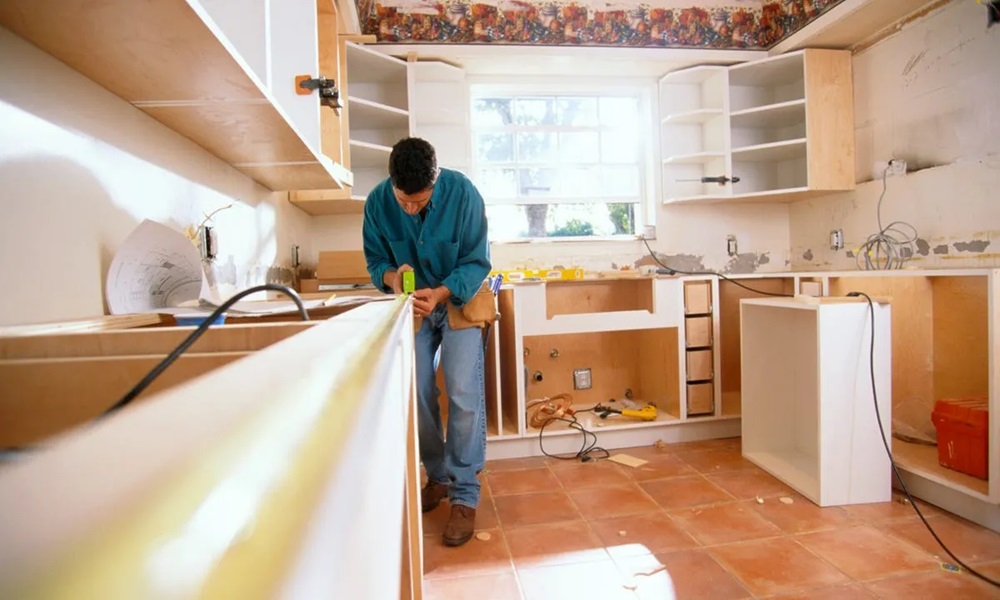Home equity refers to the ownership interest of a property that accrues to owners after establishing the actual sale value of the house and eradicating the remaining amount on the mortgage. This allows homeowners in such promising markets like Malibu CA homes for sale to have this equity to meet some needs that may be arising like the need to renovate the house.
This may be accomplished correctly via products like home fairneEquity loan, domestic equity line of credit (HELOC) or coins out refinance.
What exactly is a Home Equity Loan?
This is a credit that a homeowner can access by pledging the value of his/her property as security; the credit is in cash although the borrower receives a lump sum. The most common characteristic of this type of loan is that it has a fixed interest rate and a fixed method of payment, which makes it a solid tool to access money for these purposes.
Loan takers are paid once and use the amount borrowed to service the loan balance over a specified interval, which can be between five and 30 years. Therefore, this type of a loan is well applicable in massive renovation projects that need massive capital down payment.
How does the Home Equity Line of Credit (HELOC) work?
A HELOC is also like a line of credit similar to a credit card where the homeowner has access to cash in the set limit for any need noted above in a specific period before paying it off completely. This is especially advantageous in situations where the costs may be unpredictable for the renovations or those some may be incurred in the long term.
With regard to the interest rates, HELOCs are variable rate, therefore the monthly payment will not remain constant. Typically they have a borrowing or ‘draw’ period of between 5 and 10 years during which financing is available to the borrowers and then a repayment period during which no more draws can be made.
What is Cash-Out Refinancing?

Cash-out refinancing is a transaction that occurs when one obtains a new and more substantial mortgage and receives the difference between the two mortgages. Newman noted that this option enables homeowners to borrow money at new slightly lower interest rates with home used as security, money for renovation can also be obtained.
The new mortgage is the previous balance plus the amount cashed out, and it is important to look at the latter, the long term implication and impacts on monthly payments. Cash out refinance is best to implement when there is a great interest rate opportunity and when there is much equity.
What are the risks involved and What are the considerations that should be taken?
Home equity loans to pay for improvements also has its downside, including accruing more debts and if unable to pay off, lose the house. It is advisable to consider the affordability of an individual’s pocket and capability to pay an extra amount in terms of monthly installments. HELOCs are costlier because interest rates for these loans can change making them costly to some homeowners.
Execution: It also requires comprehending the terms and conditions of the contract, which includes the subsequent fees and penalties for violation. It also means that consulting with a financial advisor can be beneficial in gaining more specific information and minimize the risks involved.
Conclusion
Home Equity can be utilized to finance improvement in ways which can greatly benefit the homeowner in the long run. Such an evaluation enables the formulation of the right decision in a financial move since all the options, including their strengths and weaknesses, are known to the user.
This means that homeowners have the opportunity to use their equity wisely to finance their renovation requirements without sinking the ship by consulting a professional financial advisor and taking into account their special situations.







